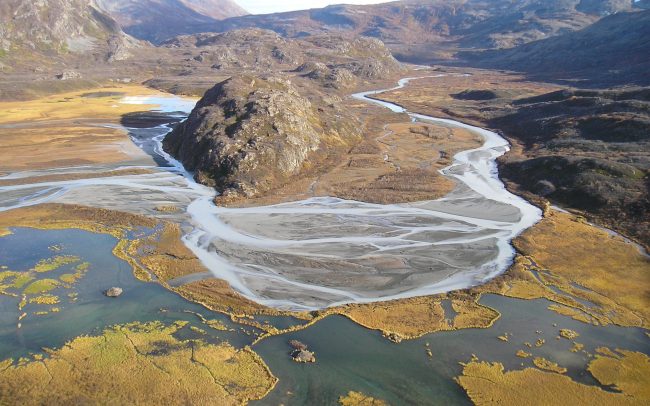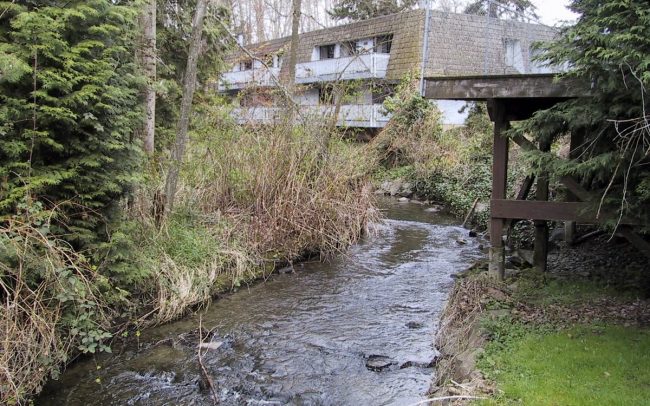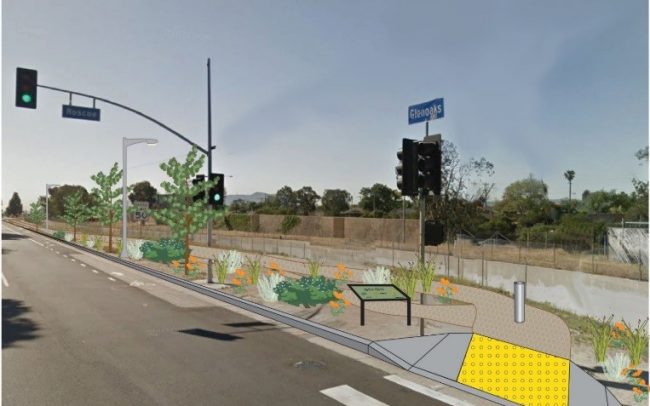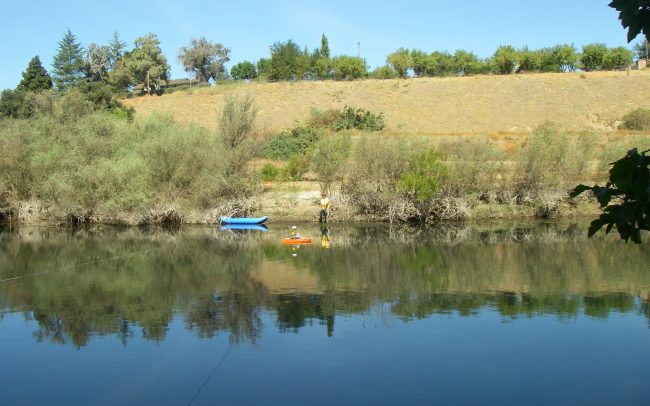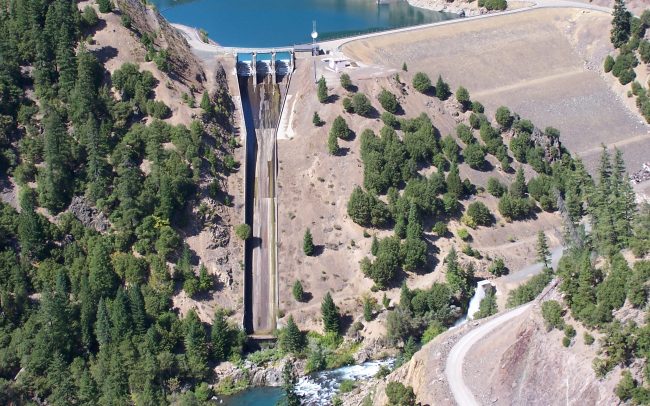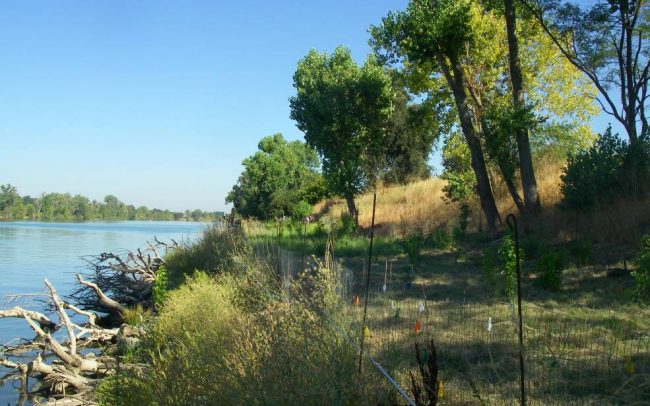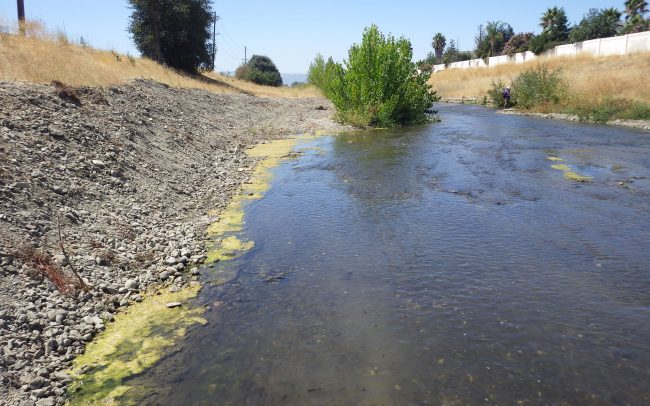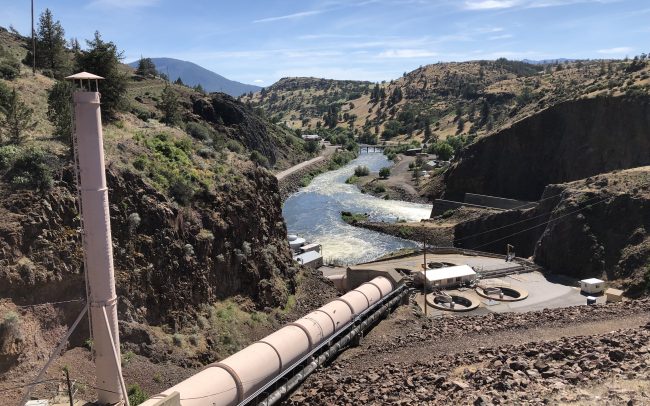Infrastructure systems are among the most critical in modern societies, particularly urban areas, and so even modest disruptions have significant effects on daily life. A systematic shift in the frequency or intensity of those disruptions could have profound consequences for economic and human well-being. For these reasons, this sector is a noteworthy focus for assessment under future climate change scenarios.
Our assessment of civil infrastructure likely affected by climate change in Washington State included transportation corridors, floodplain development, nearshore structures, ocean-discharging wastewater treatment plants, and urban and suburban streams. We anticipate that projected increases in the frequency of larger, more intense storms may yield corresponding increases in property damage, disruption to transportation, wastewater system overloads in areas of combined sewers, and damage to aquatic ecosystems that are already the focus of great attention and substantial expenditures.
Motivating Questions
- What are the projected climate change impacts on vulnerable elements of civil infrastructure? Impacts will likely involve alterations to the hydrologic regime and its consequences for urban stormwater.
- What are the adaptations that could reduce these projected impacts?
Approach
- A review of the literature and existing studies to identify the areas of infrastructure vulnerable to climate change, the types and magnitude of impacts, and the possible adaptations.
- An analysis of the effects on these areas of infrastructure associated with climate change scenarios. We considered future storm-scale magnitude and range of variability in precipitation, and the frequency and magnitude of future rain-on-snow events.
Results
- A description of climate change impacts on vulnerable areas of civil infrastructure, and adaptations that could reduce the impacts.
- An evaluation of vulnerability (high, medium, and low), by region and by sector.
- A set of recommendations for action items and analyses to help the State of Washington allocate resources most effectively to reduce the impacts.

